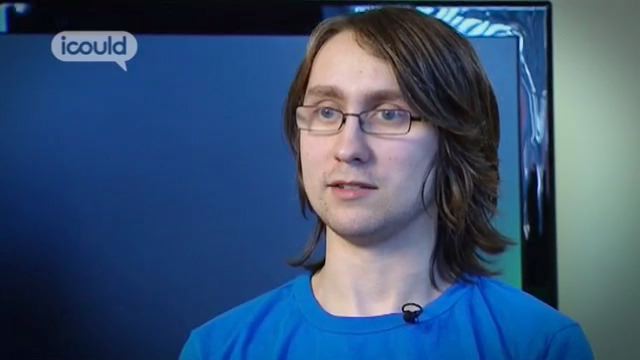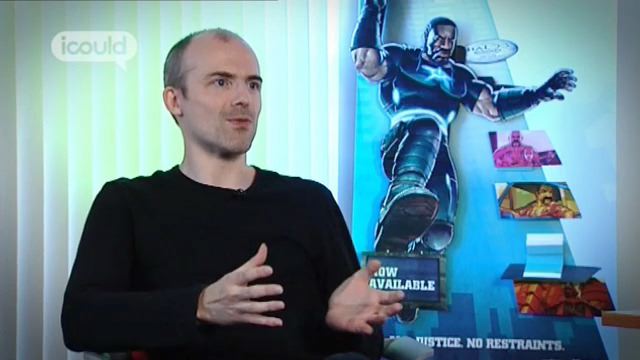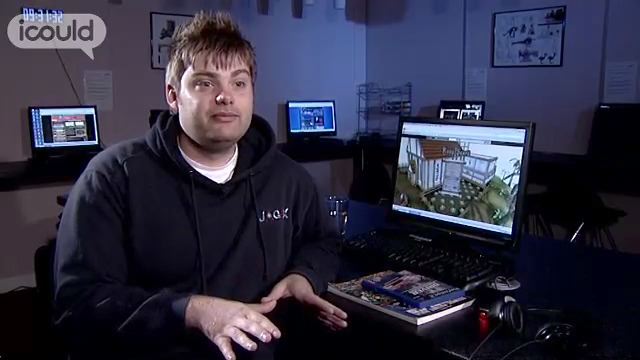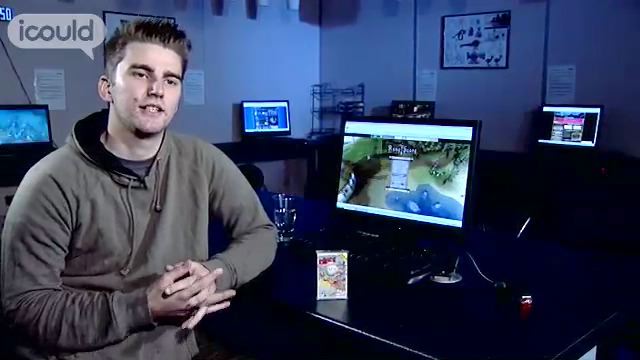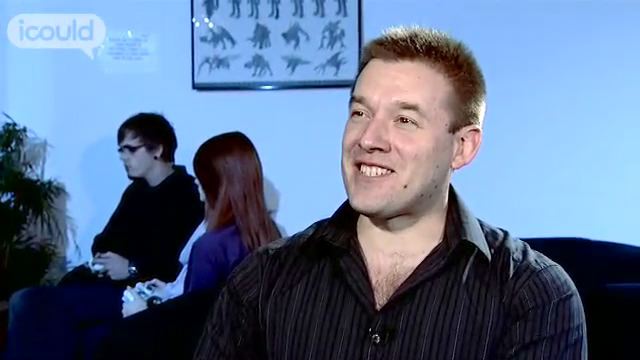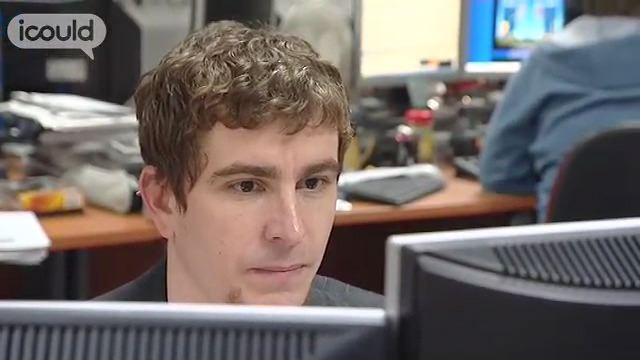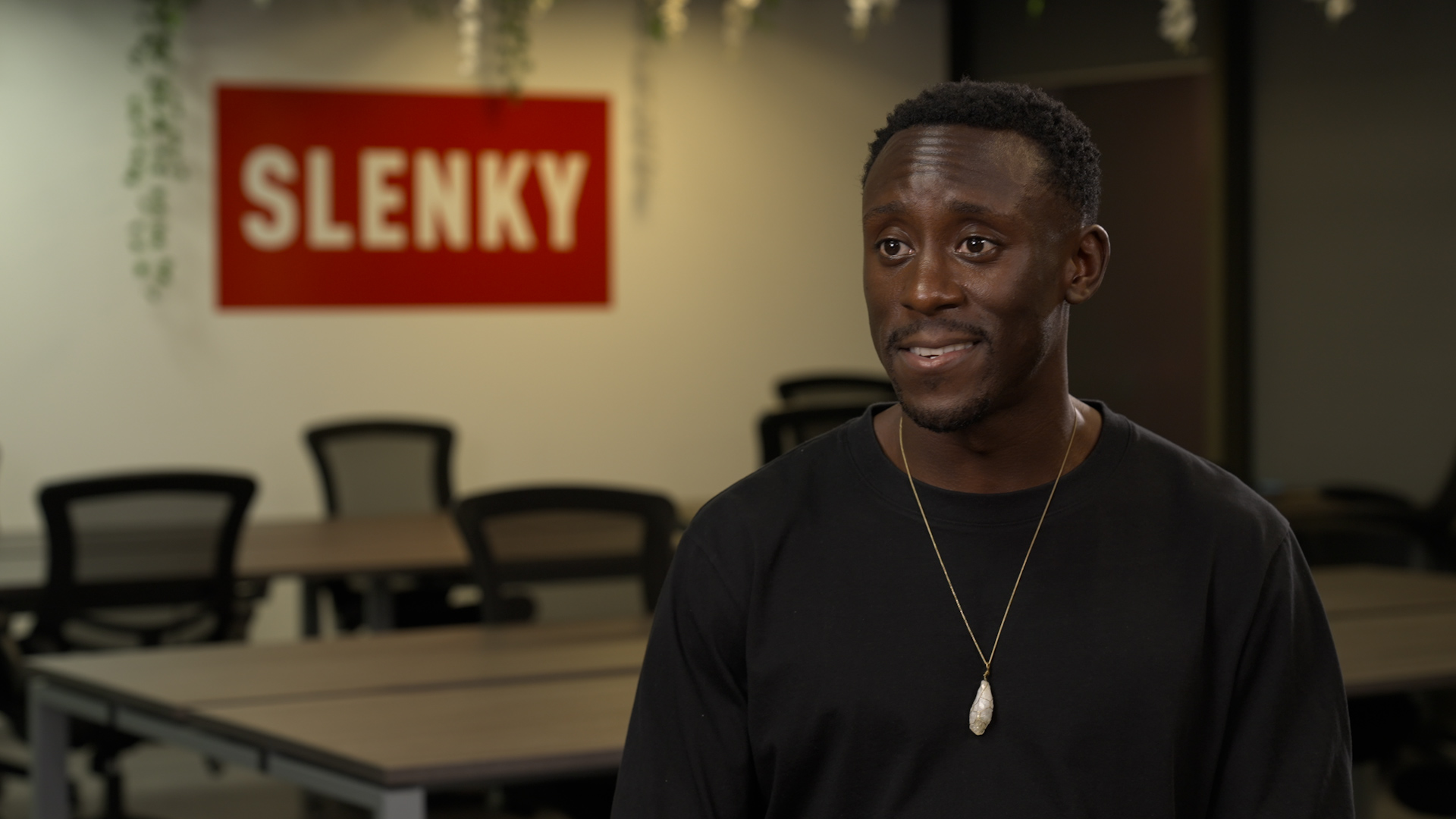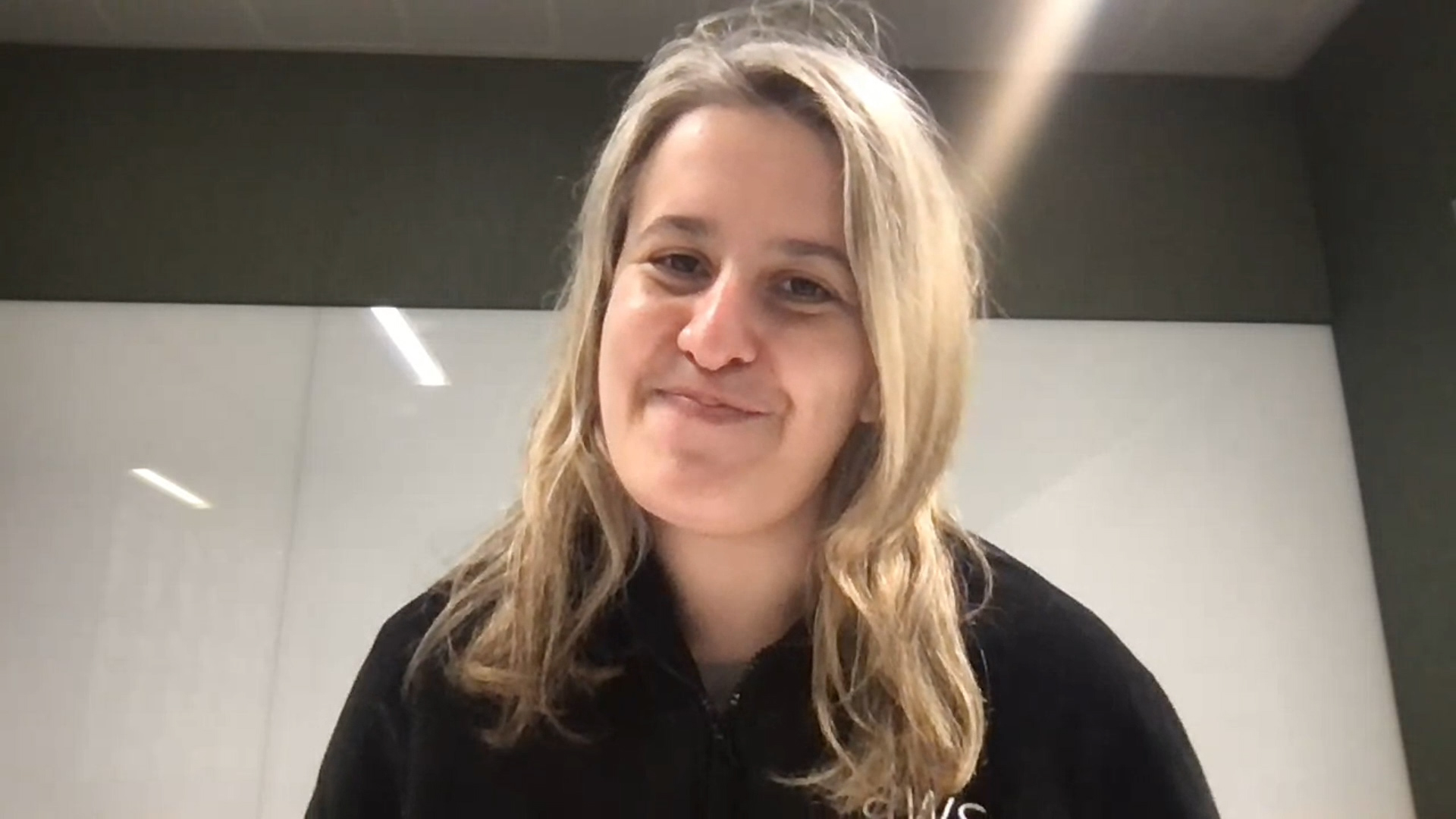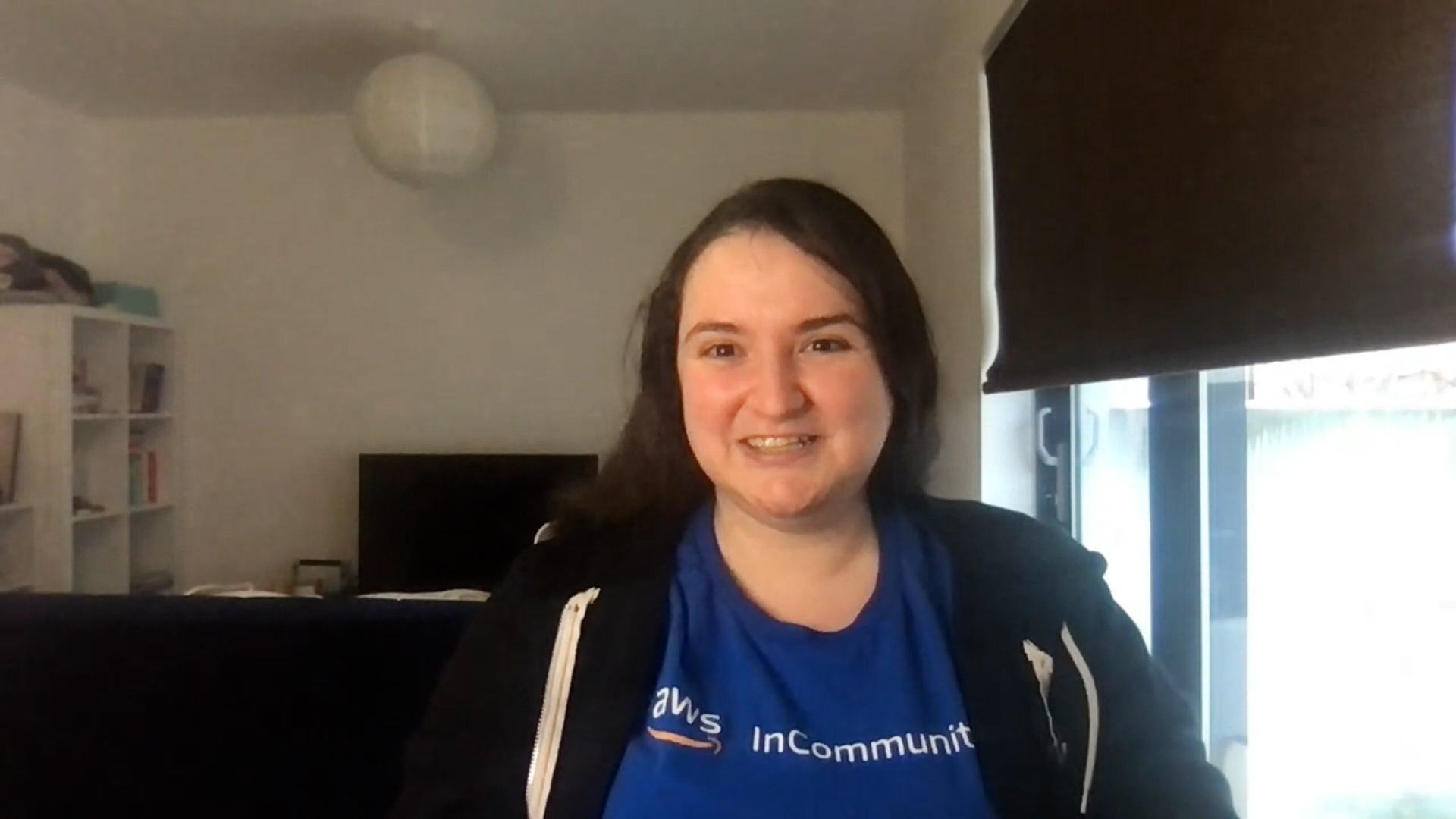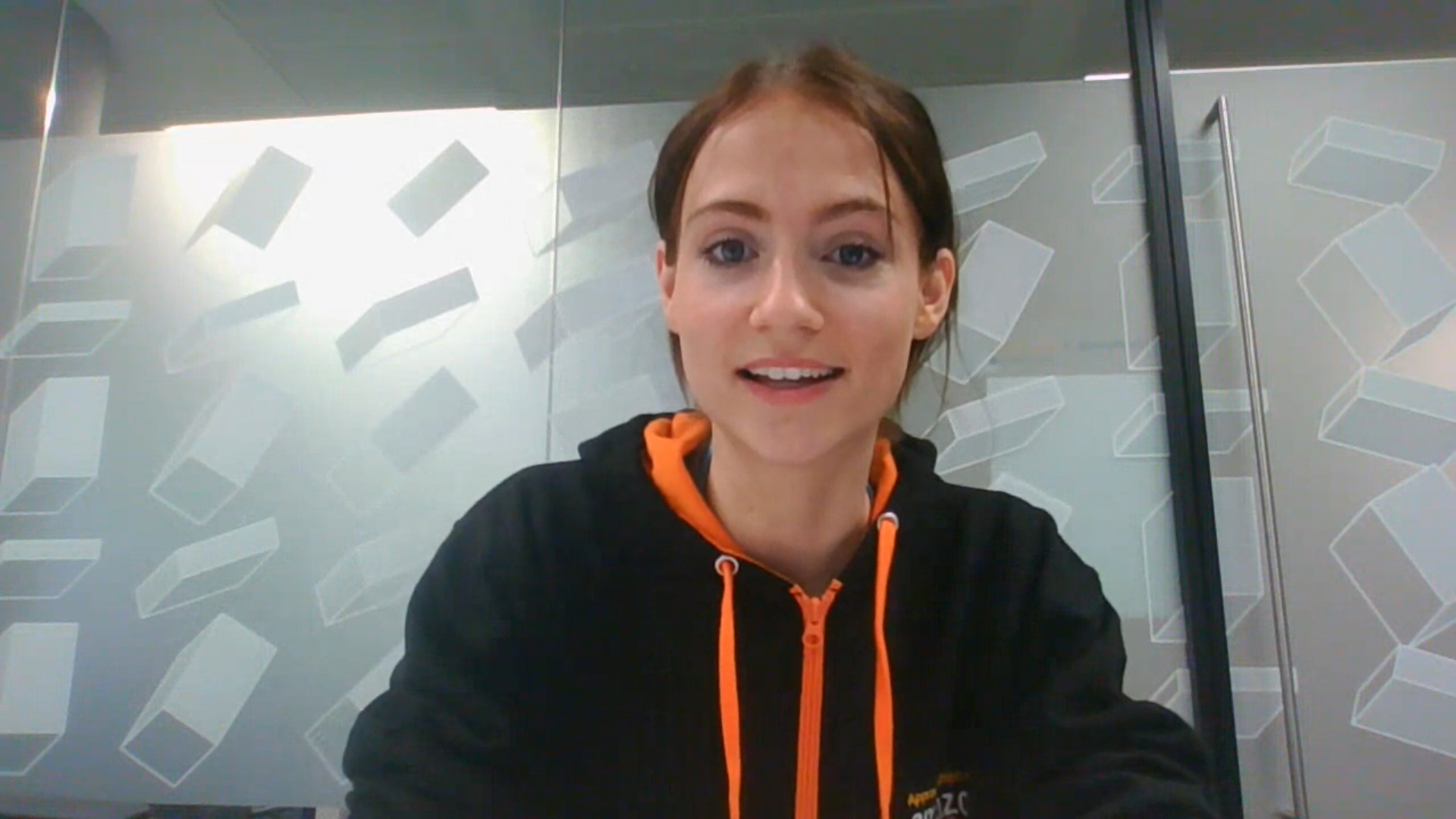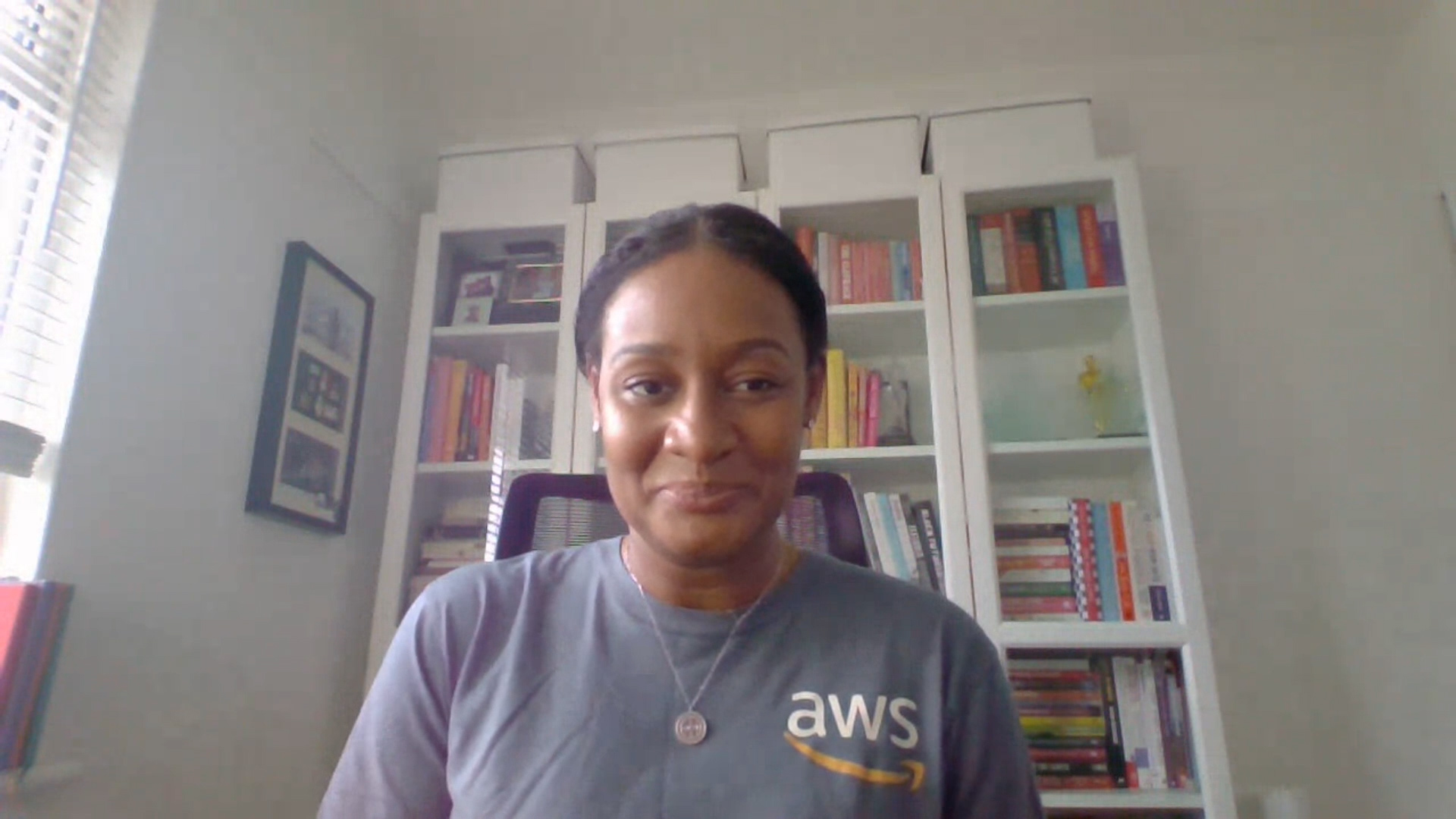Explore: Digital and tech
Computer Programmer
Digital Science
info Issues viewing the video?
|
|
MISCHA G |
|
00:03 |
So, my name’s Mischa G. I’m a software engineer here at Digital Science. |
|
00:08 |
So we write computer programmes. In my particular case I’m writing a particular programme which is a desktop application and it’s for one of the products here at Digital Science. |
|
00:20 |
A typical day for me involves sitting in front of a computer a whole lot and well writing computer programmes is one way of putting it but that involves understanding the system, the computer system, understanding what the business requirements are, understanding how it works and trying to slowly, one little piece at a time, construct a product by developing a computer programme. |
|
00:49 |
I was focussed on my own thing at school. I didn’t actually finish high school. So I didn’t finish high school because I was too busy programming and writing computer programmes at home. So I won’t say I was studious but I was certainly busy, |
|
01:07 |
So I grew up in Canada, in Toronto and Vancouver, so the last place I lived in in Canada was in Toronto. |
|
01:19 |
I enjoyed science fiction a lot, relevant or not I don’t know, but it did mean I was always paying attention to technology, Technology, you know, works hand in hand with science fiction. And at some point playing games turned out into using things like BBSs, learning more about computers and programming them. |
|
01:38 |
I started my career actually not as a programmer though. I started as a technical support representative at the first internet service provider in Toronto. So that was in 1994 and that’s when the internet was just starting to become available to the public and I quickly saw an opportunity to join the company and start working there. It was a nutritional company as a lot of these tech companies are or aren’t, so it seemed like a really interesting place to be and it seemed like a good opportunity and I didn’t actually know that I was going to be a computer programmer, even though that’s what I wanted to do. I just knew that I wanted to continue working with technology and I saw this opportunity, so I went for it. |
|
02:22 |
I quickly moved into system administration, taking care of the systems and because I was a programmer on the side, in the sense, you know, I taught myself how to programme and I was always interested in it, all the system administration I did was kind of hefty on the, heavy on the programming side. I tried to programme wherever I could, script wherever I could and that meant that I was improving my skills all the time with programming. |
|
02:48 |
After that I worked for another company as a system administrator, I did a little bit more programming there, I worked for another ISP after that, which was the largest one in Canada and I, actually at that point, started doing web development, back in the late 90s and from there I moved to another position where I basically made an agreement with my employer that I would become a programmer. I would work as a system administrator, but that wasn’t where my passion was, my passion was in programming and after a couple of years I began writing programmes for them. And that was a special effects studio, visual effects studio in Toronto, Canada. |
|
03:27 |
Completely self-taught from the very beginning, starting with C language, which is one of the perhaps more challenging ones and then quickly learning other, more interesting ones and more applicable ones like Perl, shell-scripting, Ruby, etc. |
|
03:43 |
Yeah I wasn’t into school so much and I found it hard to learn. I think it’s just partly how I’m wired, I don’t do very well when I have to sit there listening to somebody else talk and learning from them that way. I do a lot better by picking up books and doing it myself. So I don’t think school is, or at least school the way it was taught back then, was well tuned for my particular personality. |
|
04:06 |
My parents weren’t very happy with that, they were both civil engineers from the Soviet Union, so you can imagine they were quite strict and to this day, my mum, every now and then, says oh it’s a shame you didn’t go to school but when I remind her how far I’ve got and she’s actually, actually you know. it’s worked out quite well, hasn’t it. So yeah, all’s well that ends well, perhaps. |
|
04:30 |
I think my advice for a young person who is trying to get into the technology field, in particular computer programming, is to find your passion and go with it, work with it. I always had a passion, for me programming is passion, so my advice is to follow your passion. Find a passion and follow it. |
|
04:50 |
End of Mischa G |
Misha was born in Russia but moved to Canada when he was young. He was too keen on school but had a very keen personal interest in technology and science. This led to him teaching himself about IT systems and programming. He moved to England to work as he found English technology companies to be much more open to people with self taught skills rather than lots of qualifications.
More information about Programmers and software development professionals
Data powered by LMI For All
£50,440
average salary
The UK average salary is £29,813
36
average weekly hoursThere are 37.5 hours in the average working week
85%
male
15%
female
The UK workforce is 47% female and 53% male
Future employment
Future employment
Description
Programmers and software development professionals design, develop, test, implement and maintain software systems in order to meet the specifications and business objectives of the information system; they also design and develop specialist software e.g. for computer games.
Qualifications
Entrants usually possess a degree or equivalent qualification, although entry with other academic qualifications and/or significant relevant experience is possible. There is a variety of vocational, professional and postgraduate qualifications available.
Tasks
- Examines existing software and determines requirements for new/modified systems in the light of business needs;
- Undertakes feasibility study to design software solutions;
- Writes and codes individual programs according to specifications;
- Develops user interfaces;
- Tests and corrects software programs;
- Writes code for specialist programming for computer games, (for example, artificial intelligence, 3D engine development);
- Implements and evaluates the software;
- Plans and maintains database structures;
- Writes operational documentation and provides subsequent support and training for users.
Employment by region
Top 10 industries for this job
Computer programming, etc
120143
Legal & accounting
19929
Head offices, etc
15483
Financial services
13932
Retail trade
10969
Auxiliary services
10841
Employment activities
10628
Publishing activities
10246
Real estate
6865
Telecommunications
6639
Employment status
Related career stories
⇦
⇨
